Return to learning
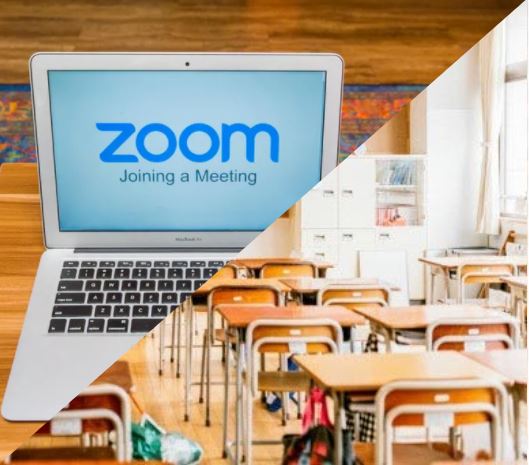
Photo via cnet.com
February 8, 2022
As we all know, one of the biggest impacts of the COVID-19 pandemic was the hit on education around the world. Schools closed, chat rooms opened, and millions of students, those in FCPS included, spent a year or so completing their school days by clicking a “login” button from the safety of their own home.
Now that we have been living through this wild experience for nearly two years, students have begun returning to the brick-and-mortar buildings that they call home for seven hours out of their days. And with changes including the implementation of a rolling gradebook and COVID-19 policies, such as mask wearing and attempts at social distancing, those school buildings are looking vastly different from when we left them in the early months of 2020.
“The [COVID policy] changes have definitely caused a bit of anxiety,” senior Julian Kingsley said. “I don’t think it’s negatively affecting my grades or anything, but it’s definitely putting some stress on me.”
Kingsley also noted some prevalent changes in the behavior of teachers throughout the school.
“I would say the biggest change between the two years has probably been interacting with people more,” Kingsley said. “I think teachers are really eager to put students together and have them work together after last year.”
And why wouldn’t they be? Students spent all of their time last school year being physically separated, whether it be in a Blackboard Collaborate breakout room or distanced in-person desks, causing a sharp increase in the difficulty of performing the student to student cooperation that is seen in school so often.
Mina Dinesen (11) also shared some of her own thoughts on what being back in school meant to her.
“Being back at school has been a pretty difficult shift, especially when having to balance school, sports, extracurriculars, and my life outside of the building. My favorite part about being back, though, is getting to see my friends and classmates again,” Dinesen said. “For a majority of them, I hadn’t seen them since my freshman year- a lot of change and growth has occurred, and it’s great to see how everyone has flourished over the years. Getting to see some of my close friends and [my] teammates again has definitely been my favorite part about being back in person.”
Dinesen, the president of the National English Honor Society (NEHS) also commented on how the virtual year influenced the society, exhibiting how clubs and classes have been affected as well as the students, through problems like little publicity leading to fewer signups.
“COVID has resulted in less people joining clubs like NEHS because many students didn’t know how to join or when to join, and since many current upperclassmen had to complete a year in school completely virtual, a good amount of people did not know how to join certain clubs while were online,” Dinesen said. “Then, when we came back to school, it was a difficult adjustment to rejoin certain clubs, as well as just generally feeling confused, since this school year has been very different from past years.”
In a parallel comparison, Hayfield’s performing arts programs have taken quite a hit as well, as explained by musical director Kerri Shelfo.
“Enrollment really took a hit last year, because going into the school year we had a lot of students who didn’t sign up for band, orchestra, and choir, because as musicians, we get to come together and play together live and in person, and that was a bit of a deal breaker when we couldn’t,” Shelfo said. “ That was the main reason a lot of kids came, was to perform on stage. When they didn’t know if that was going to be an option at all, they just decided to try something else.” Furthermore, Shelfo noted “the majority of the students who took orchestra last year continued with orchestra this year, but not a lot of kids, once they were gone for a year, came back.”
Over time, things will surely feel more typical, whether it be something like getting used to wearing a mask or ridding of it altogether. But for now, it does appear there is a bit of a slope to climb before we are able to reach such normalcy.
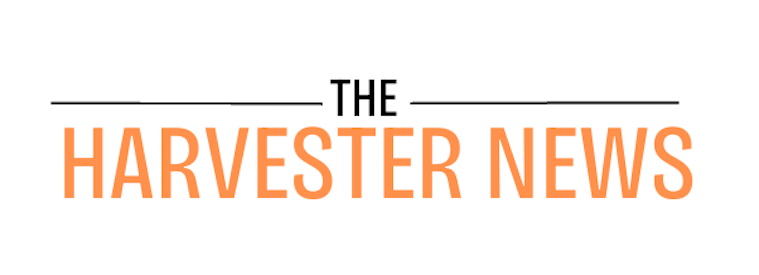
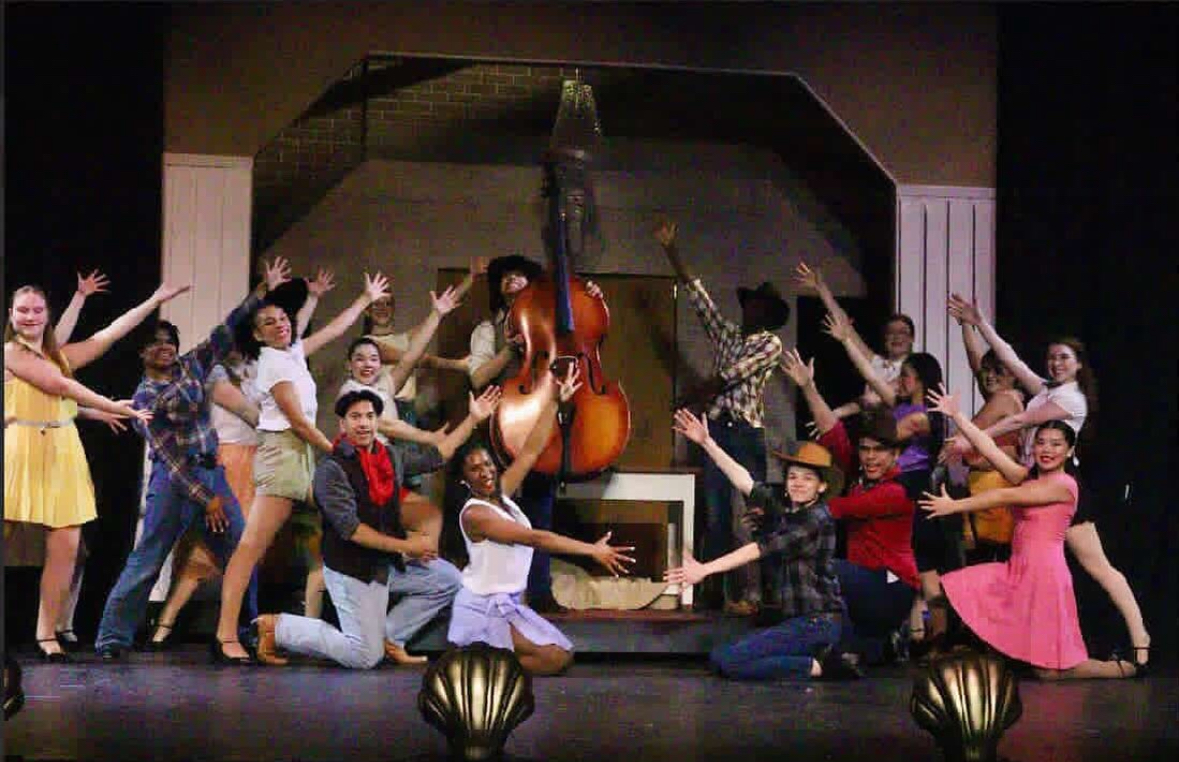


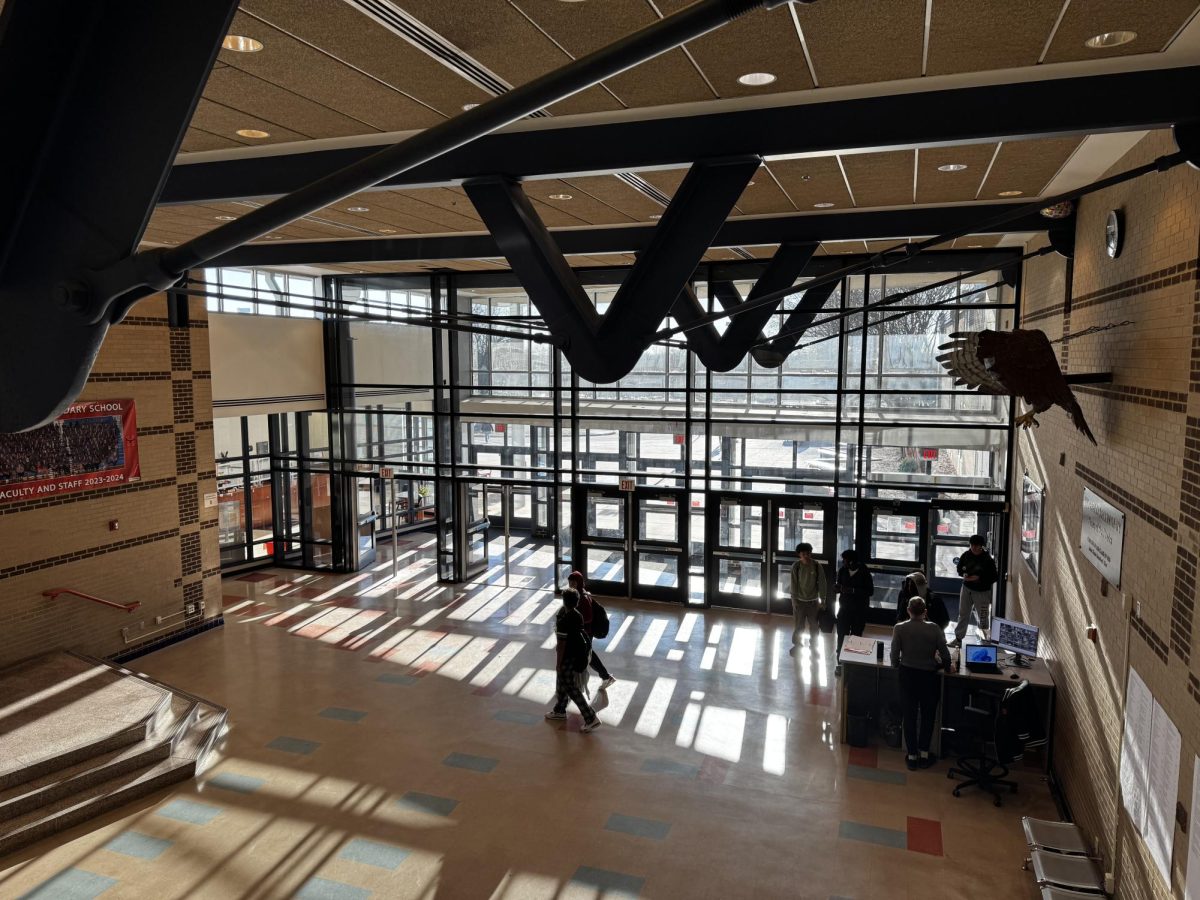
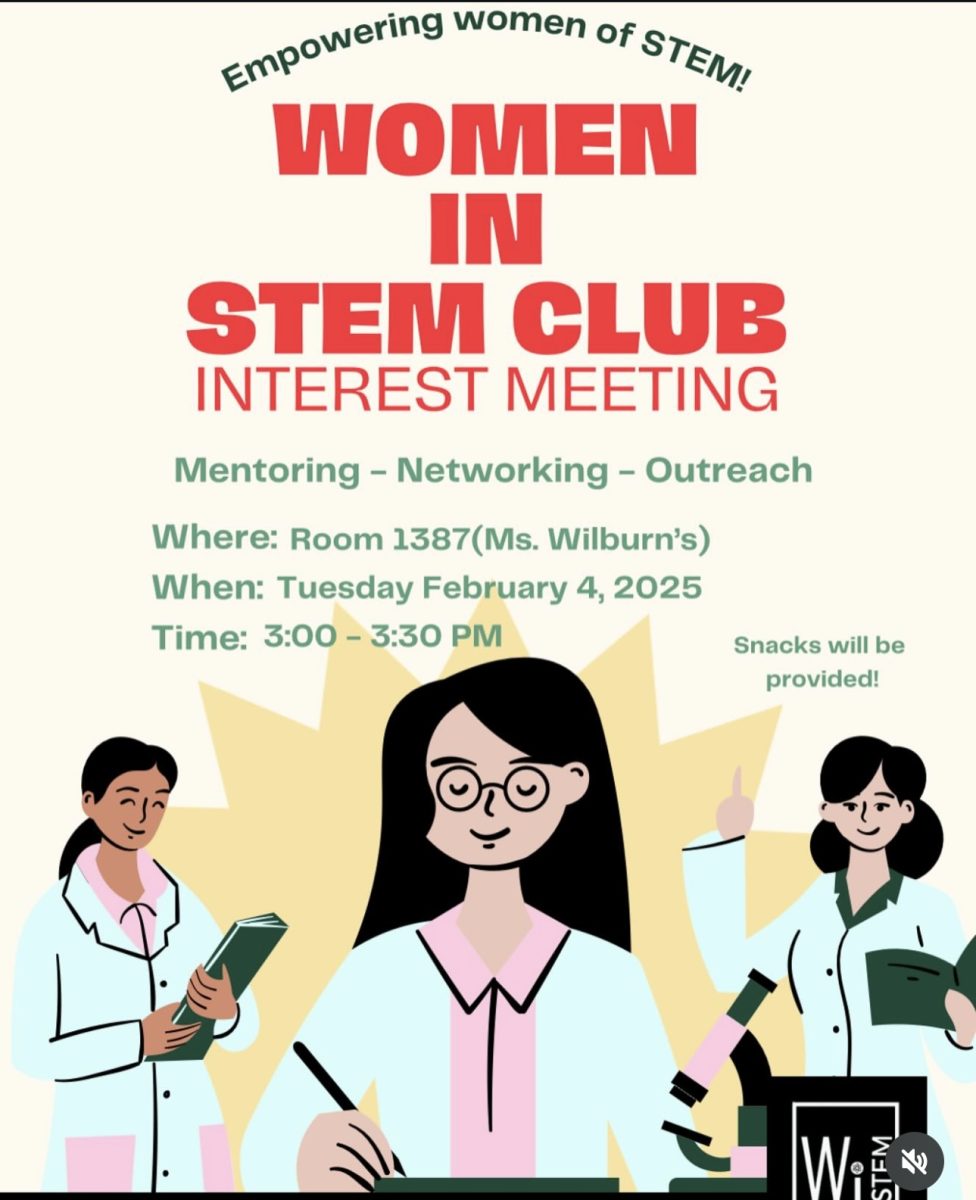
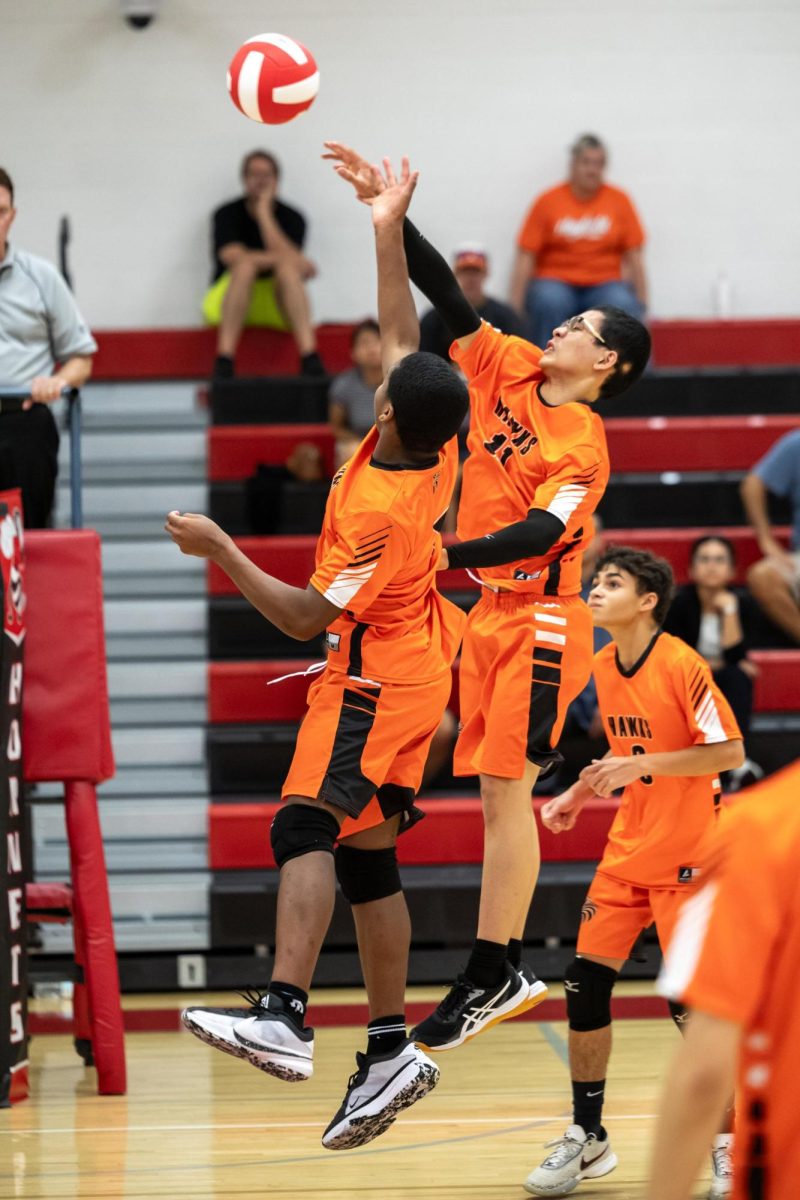
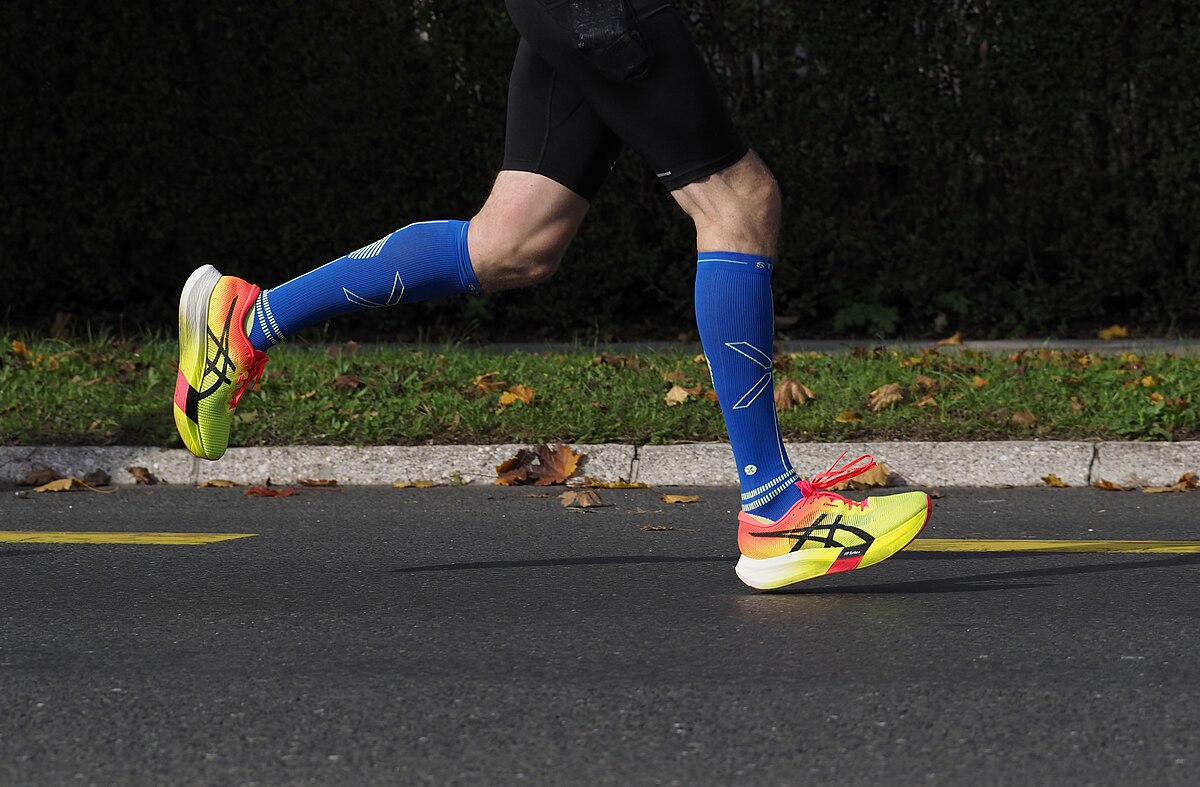
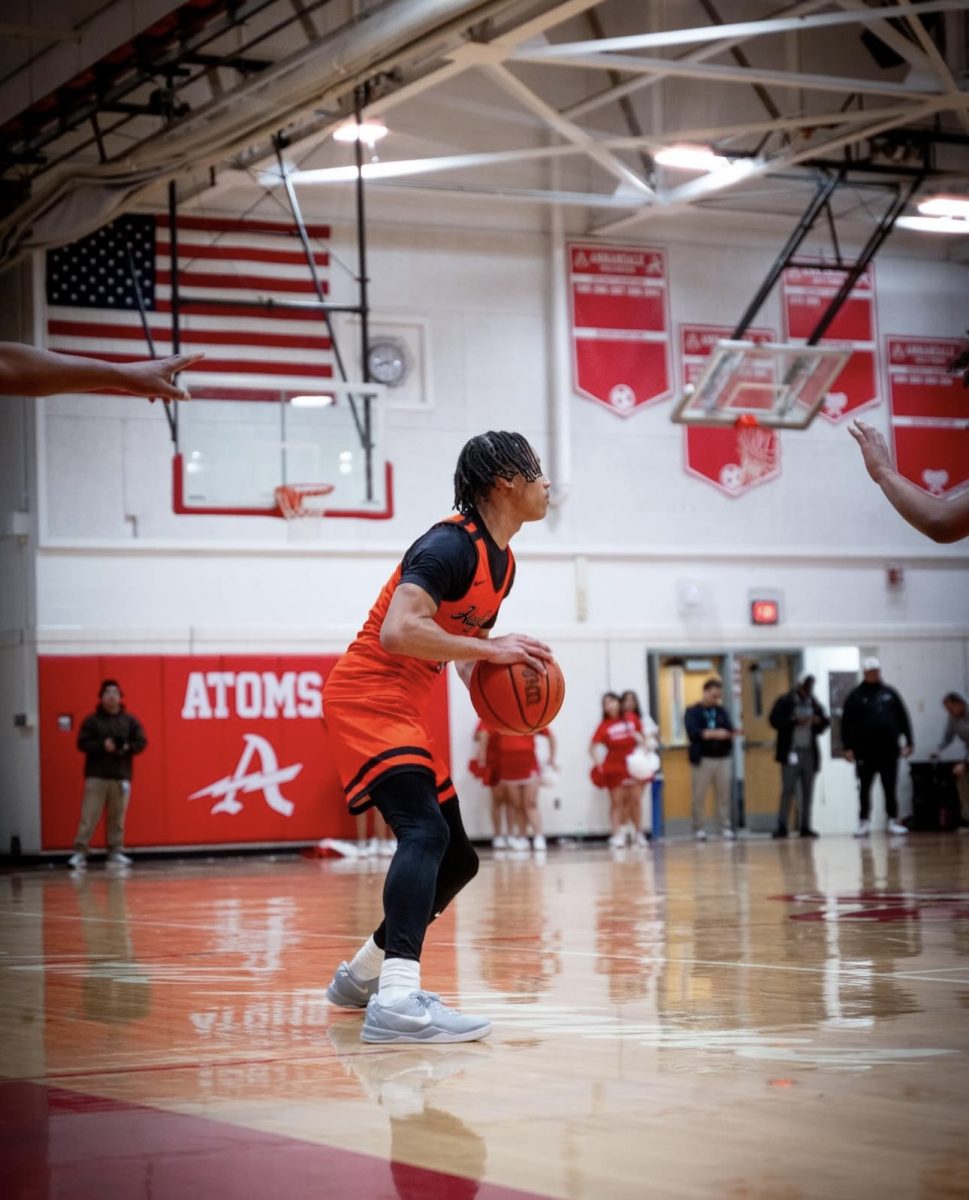
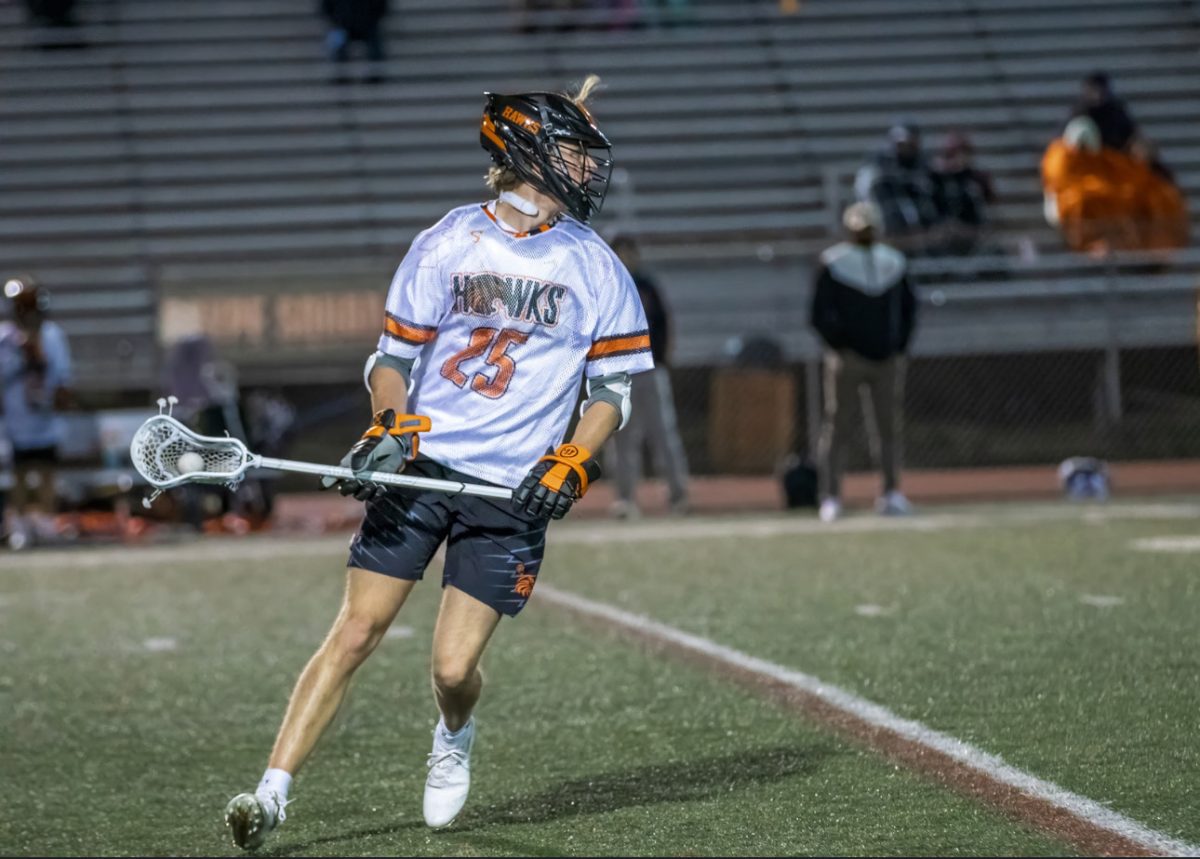
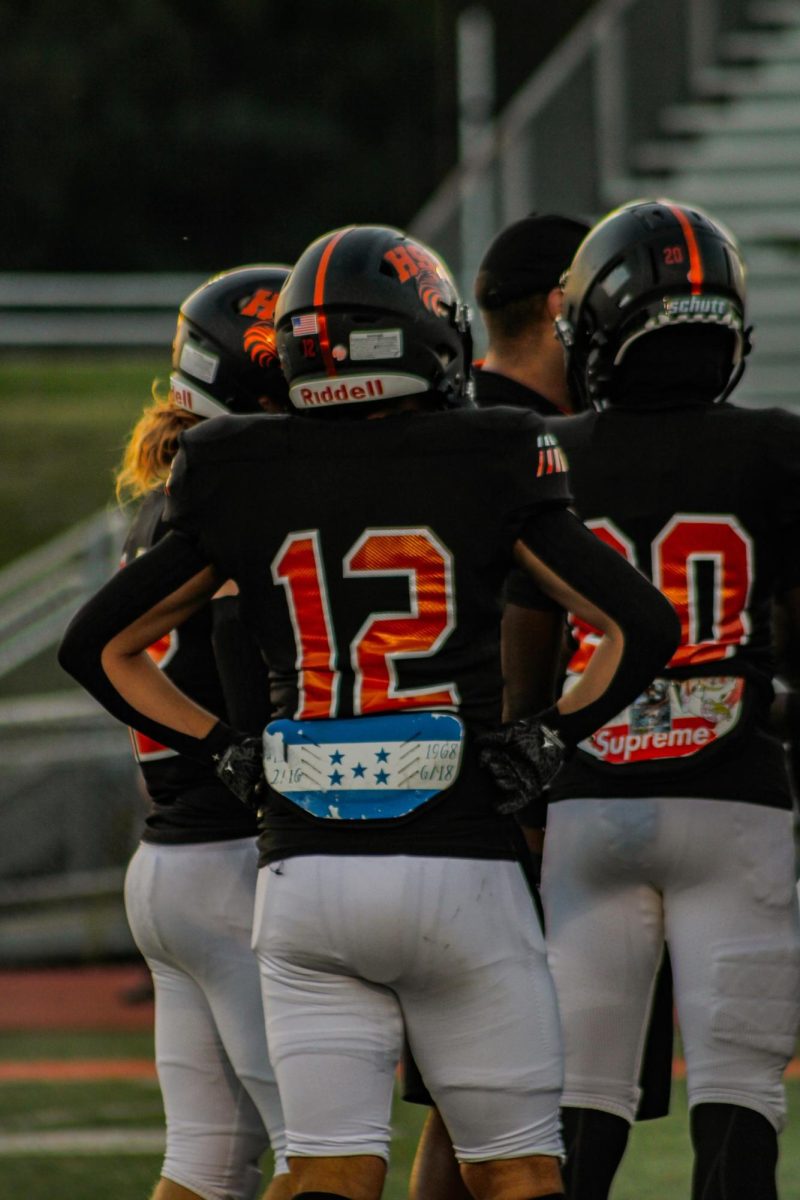
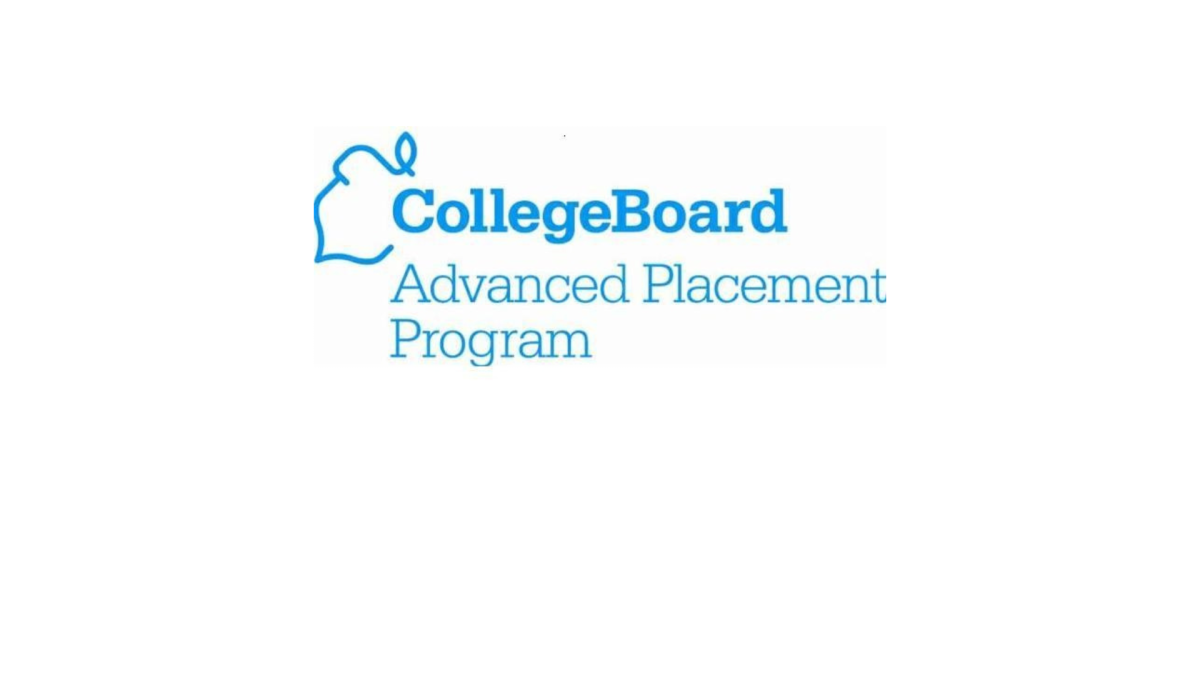
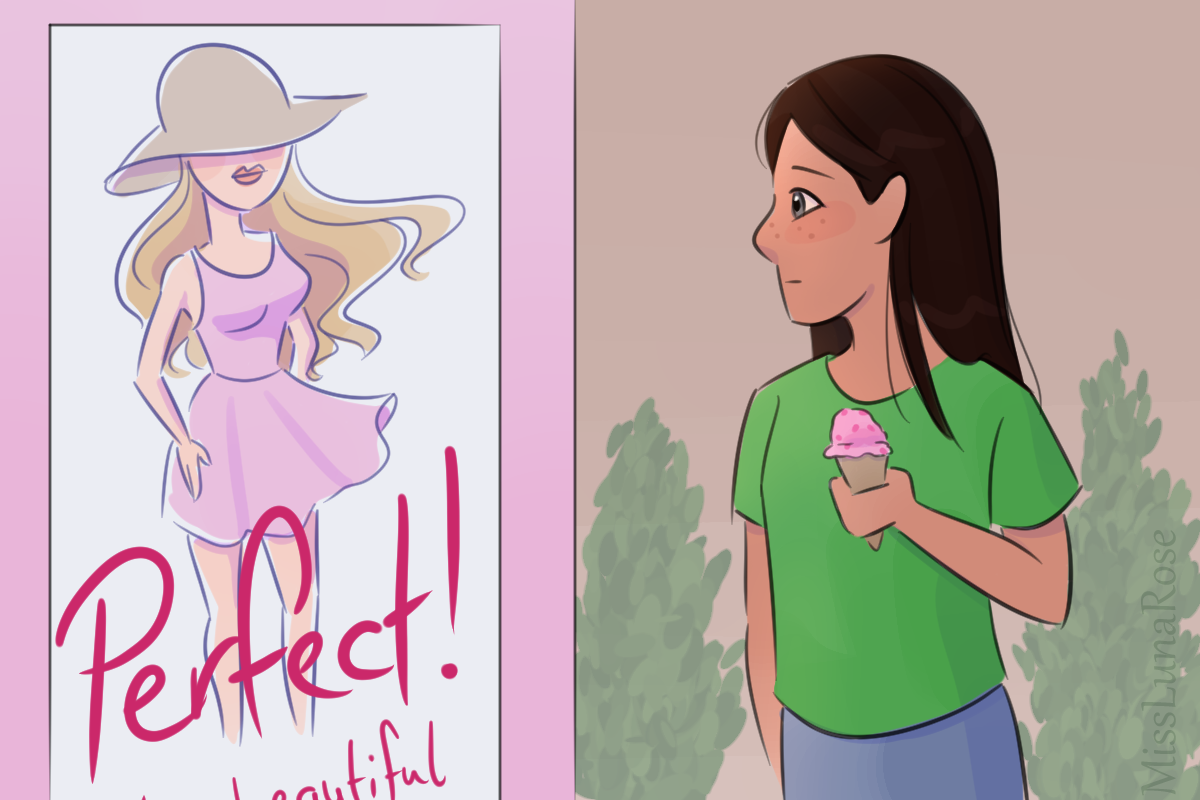




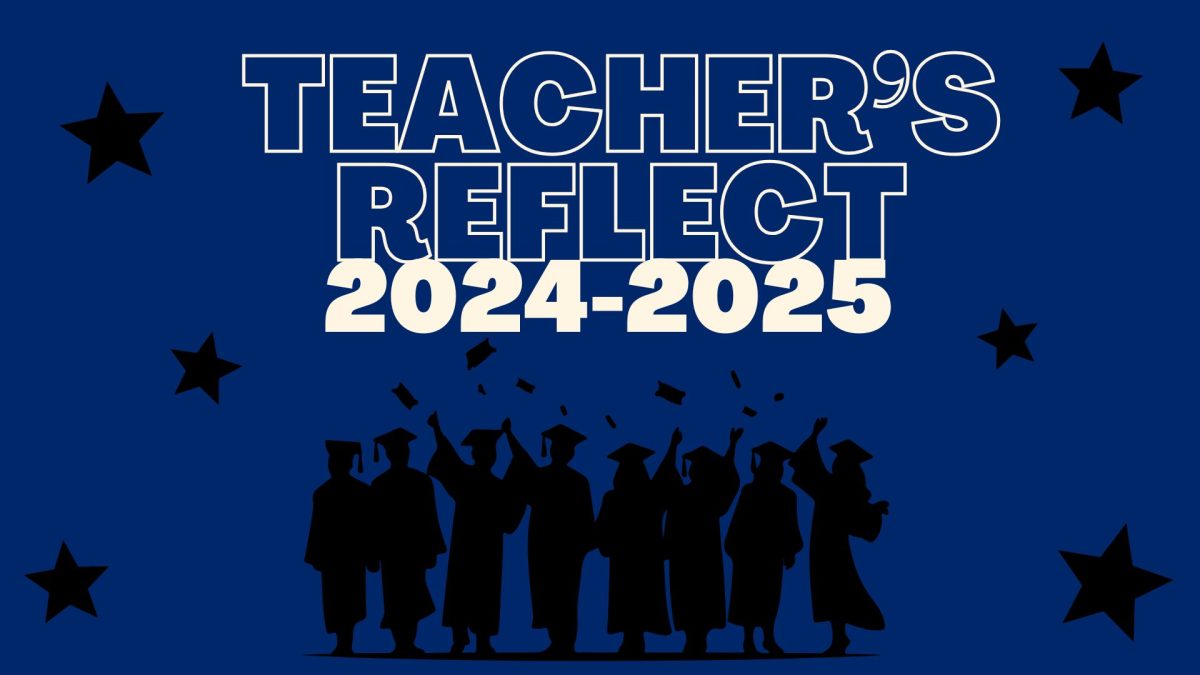




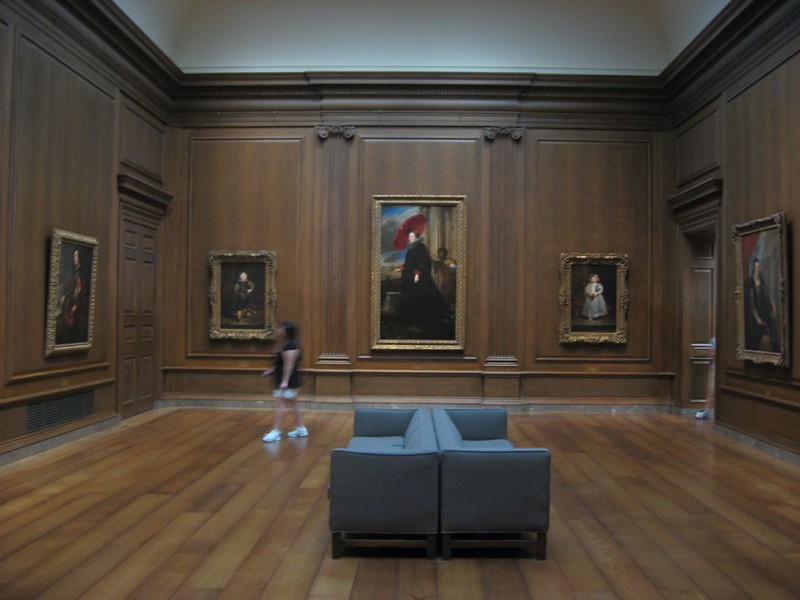
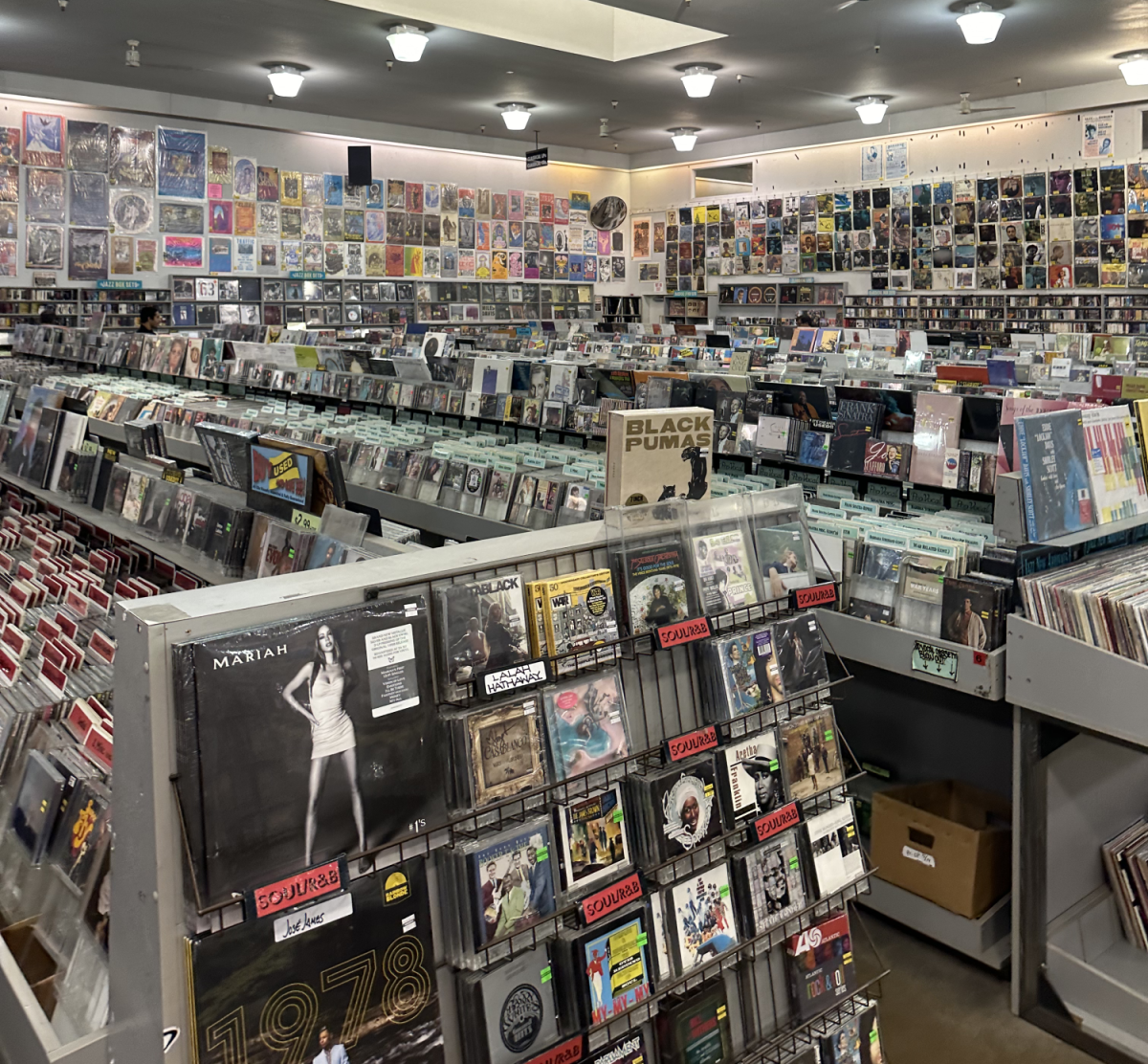

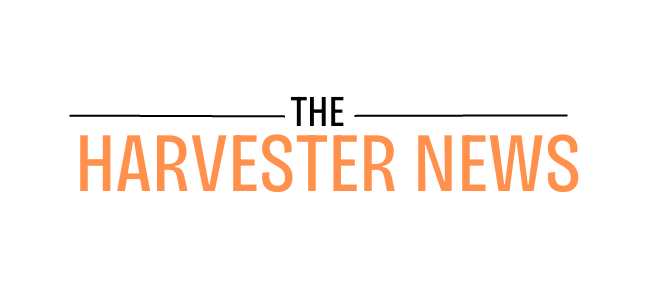
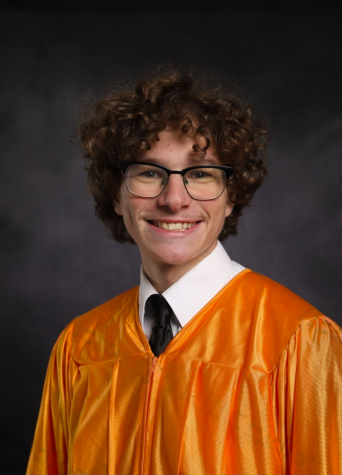
Brianna Jones • Feb 10, 2022 at 8:12 am
Great Job!